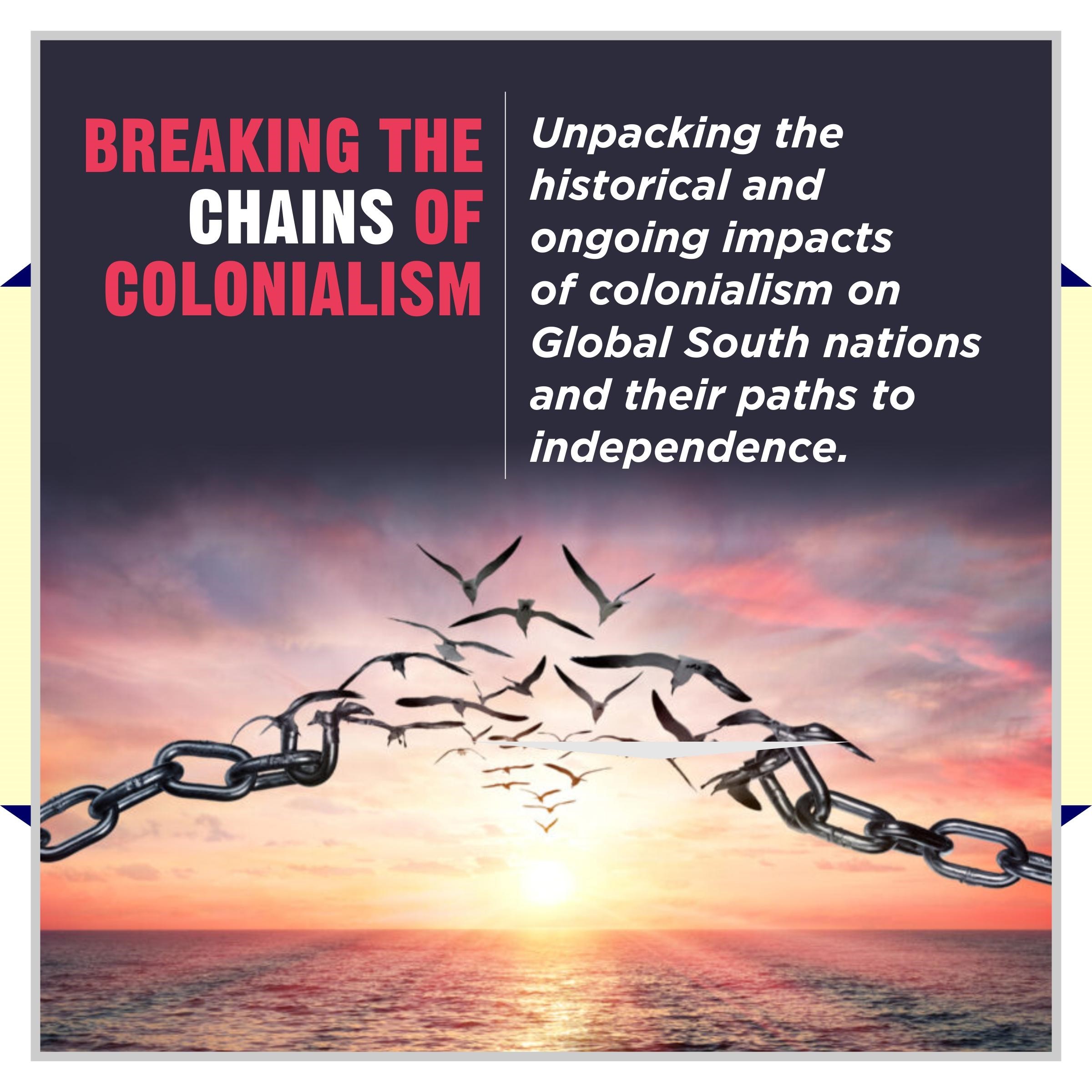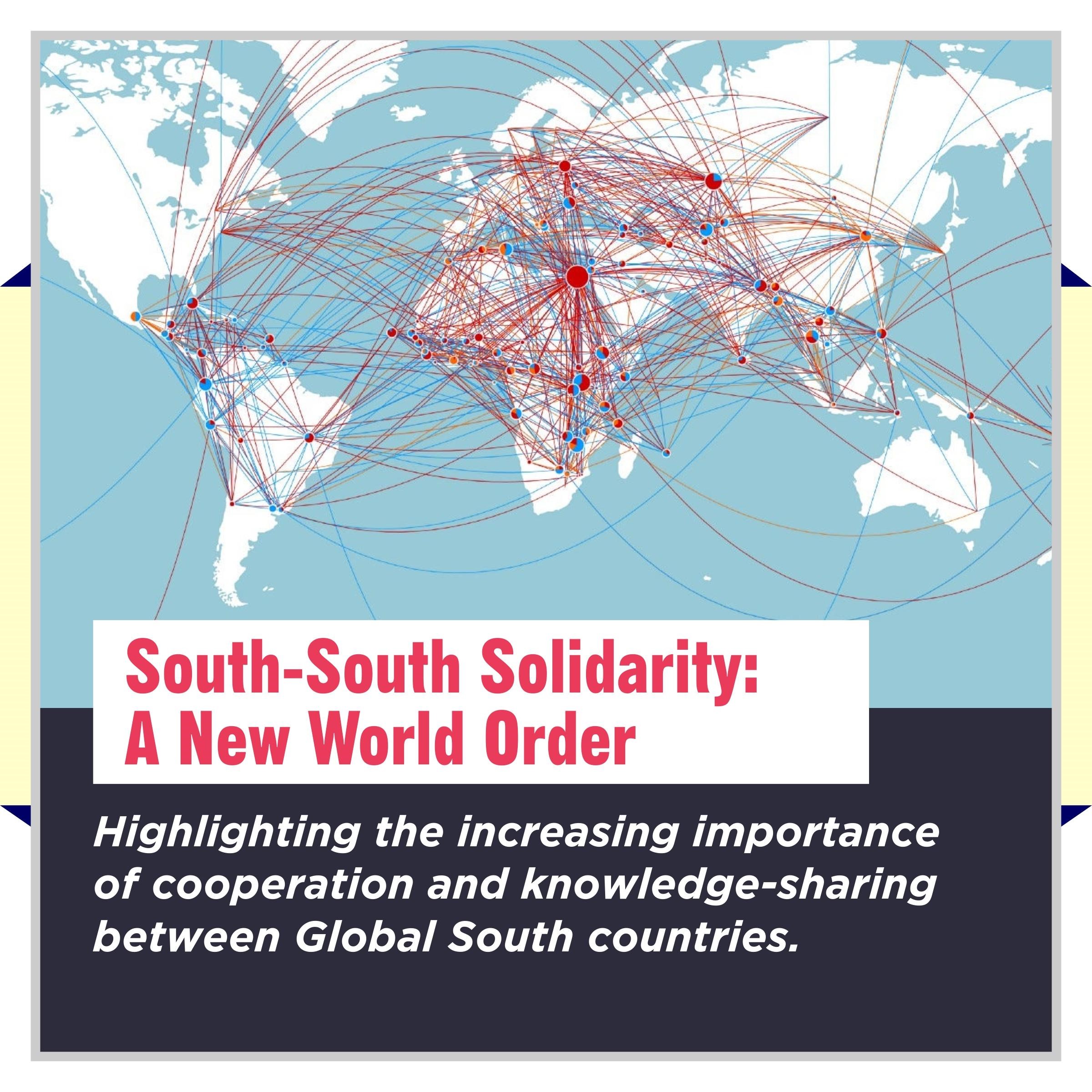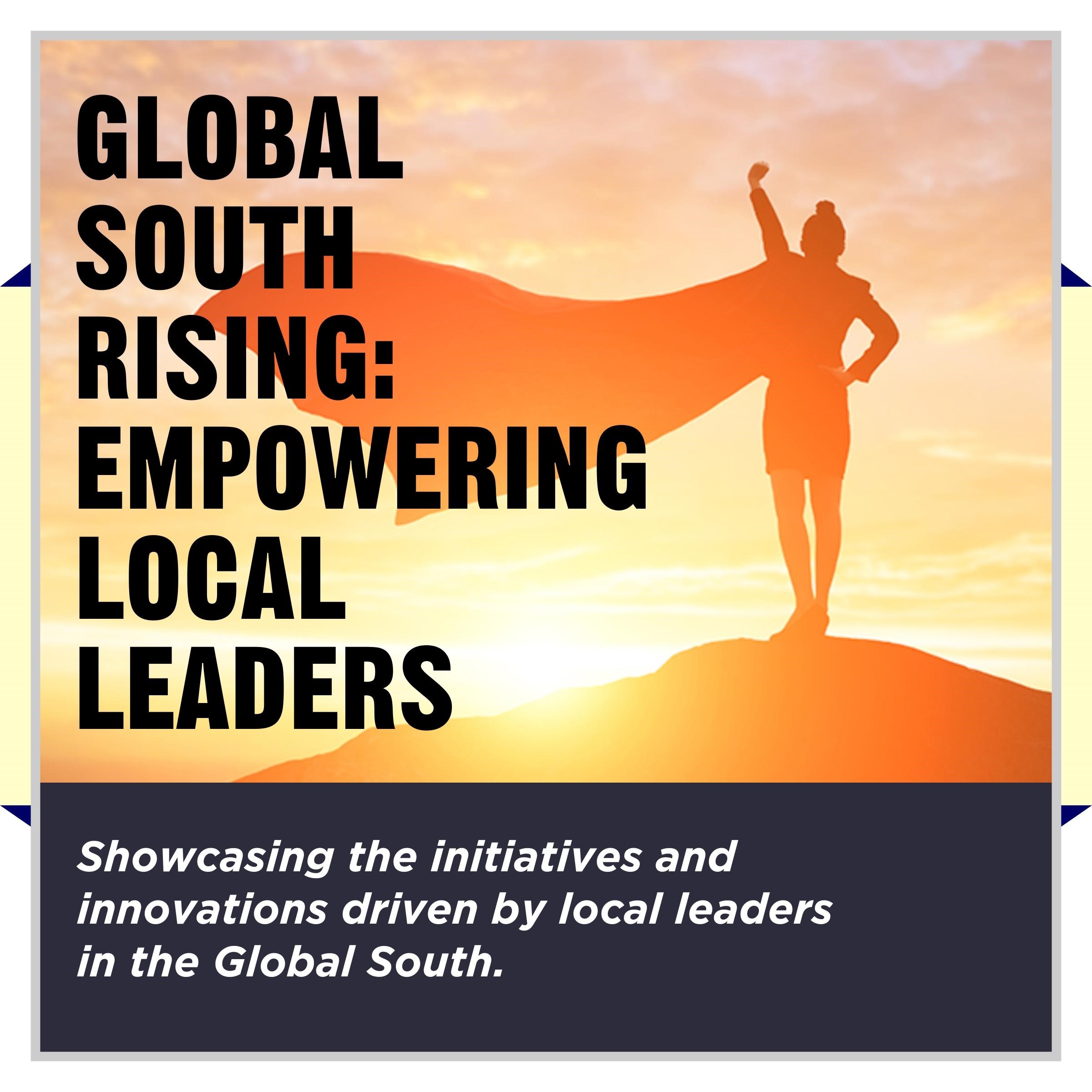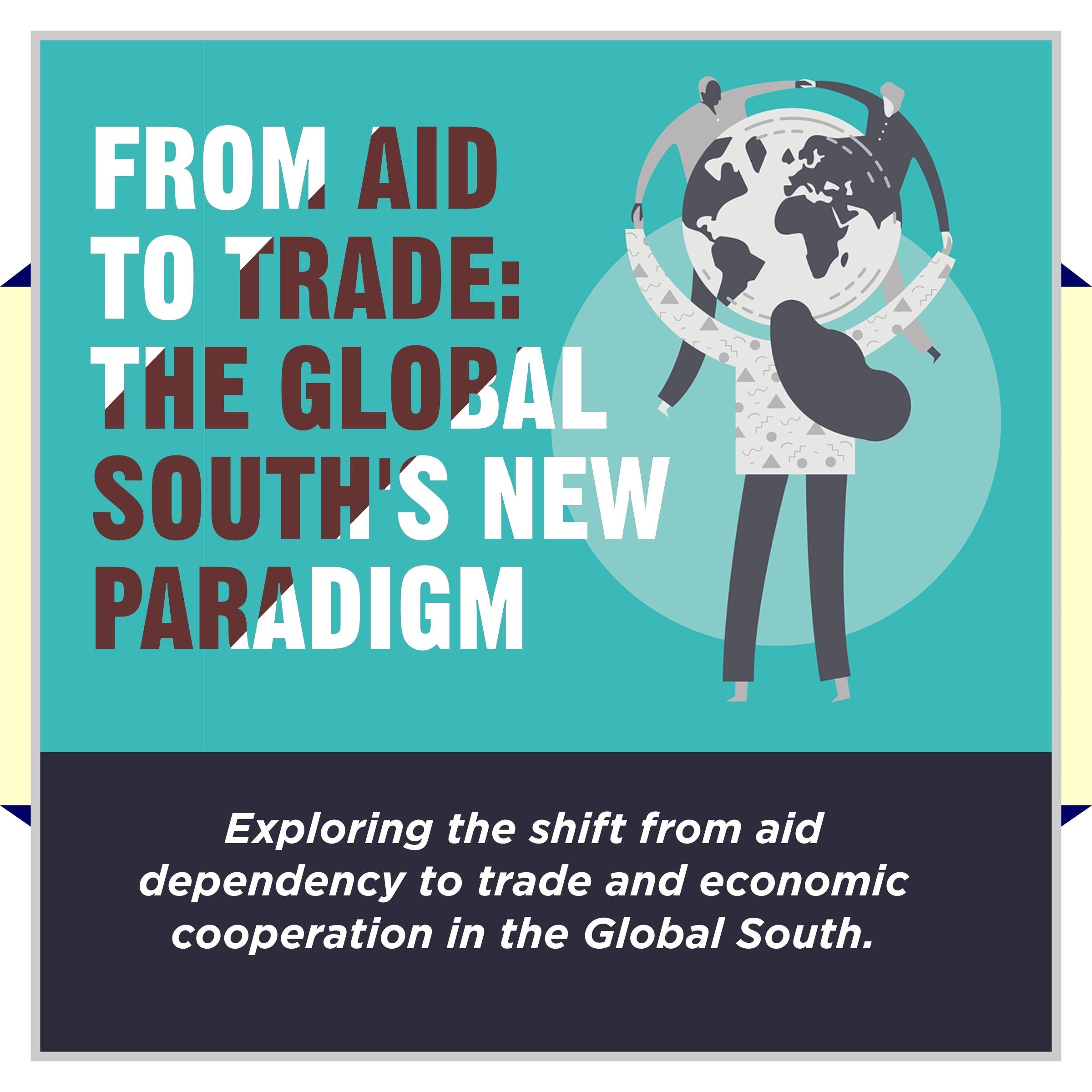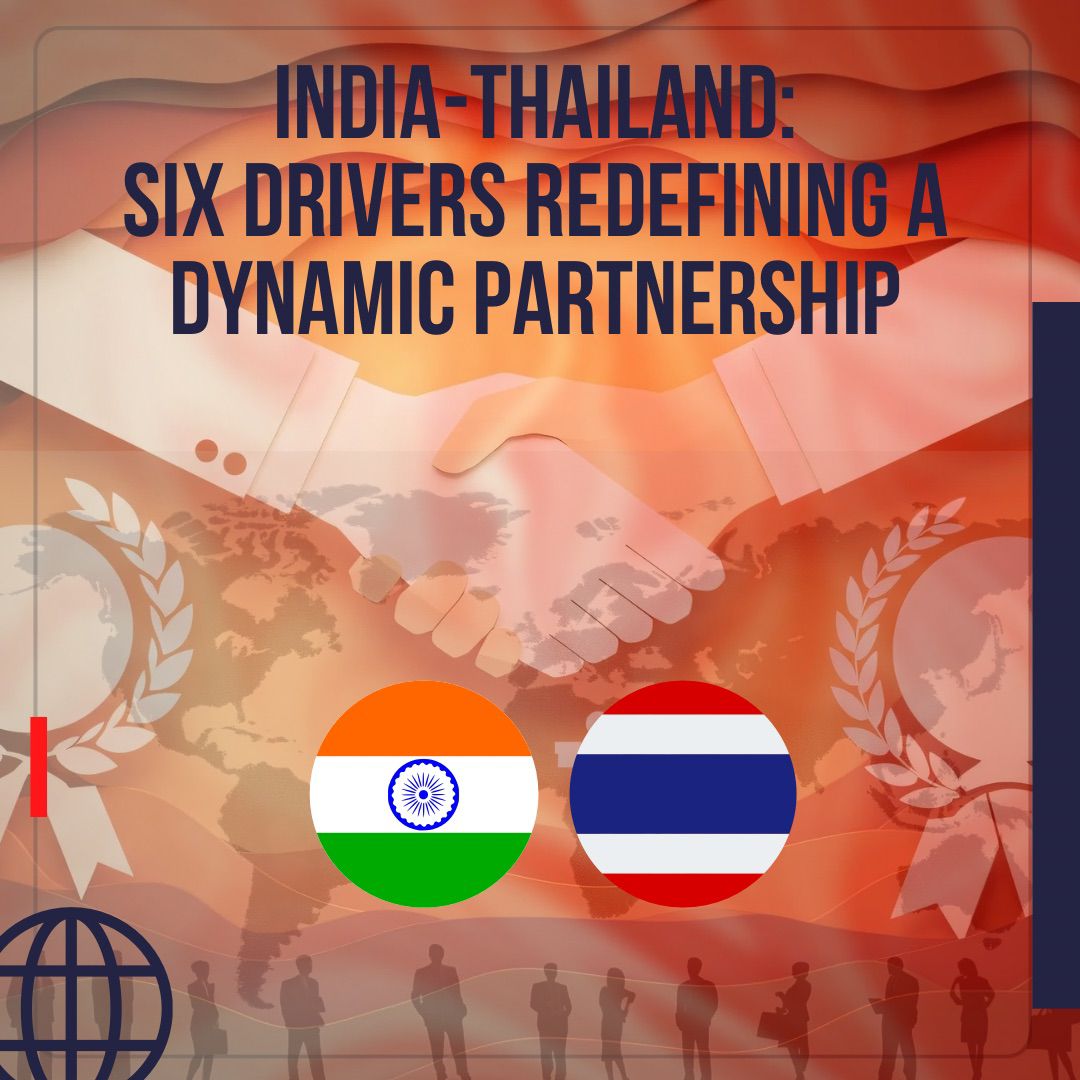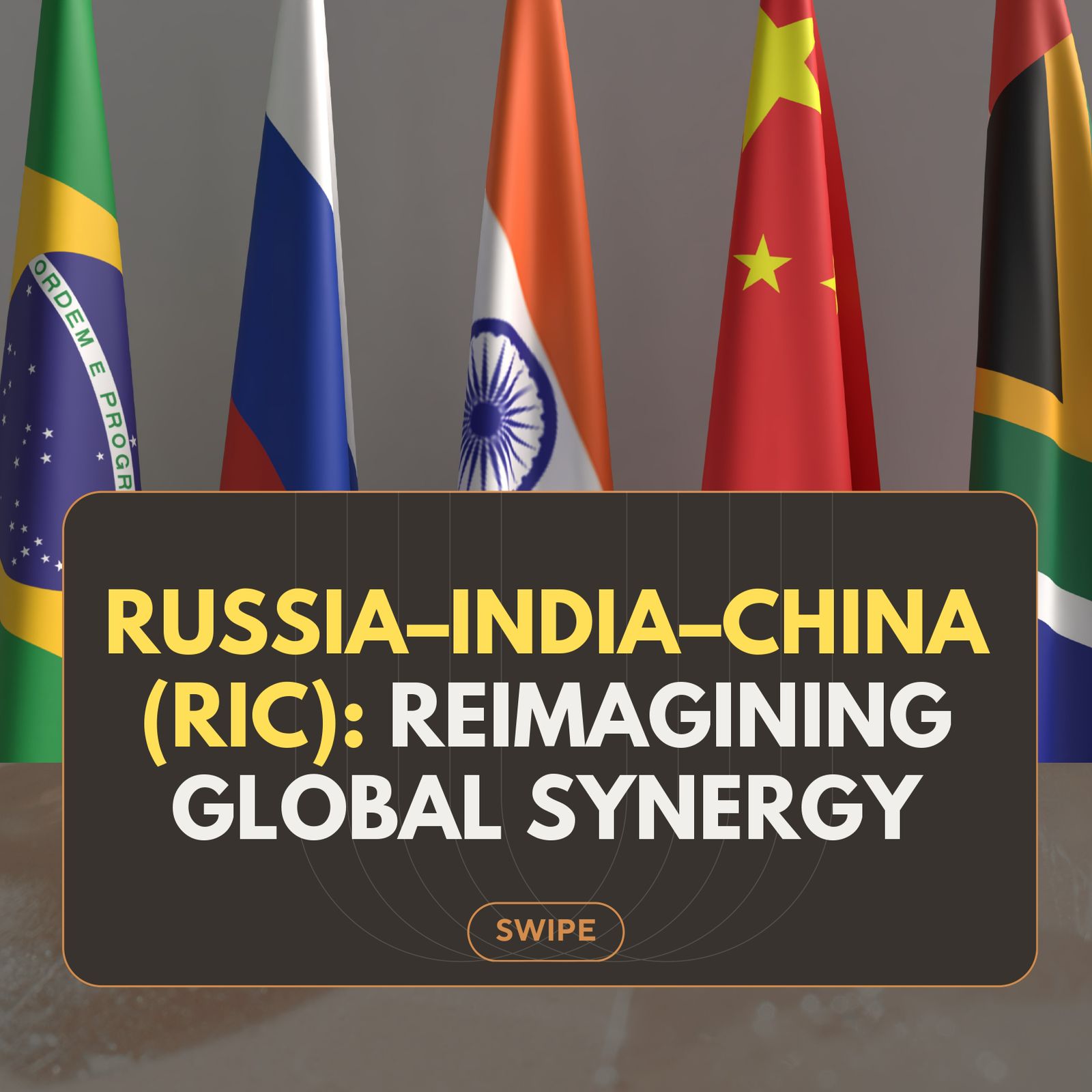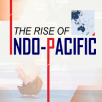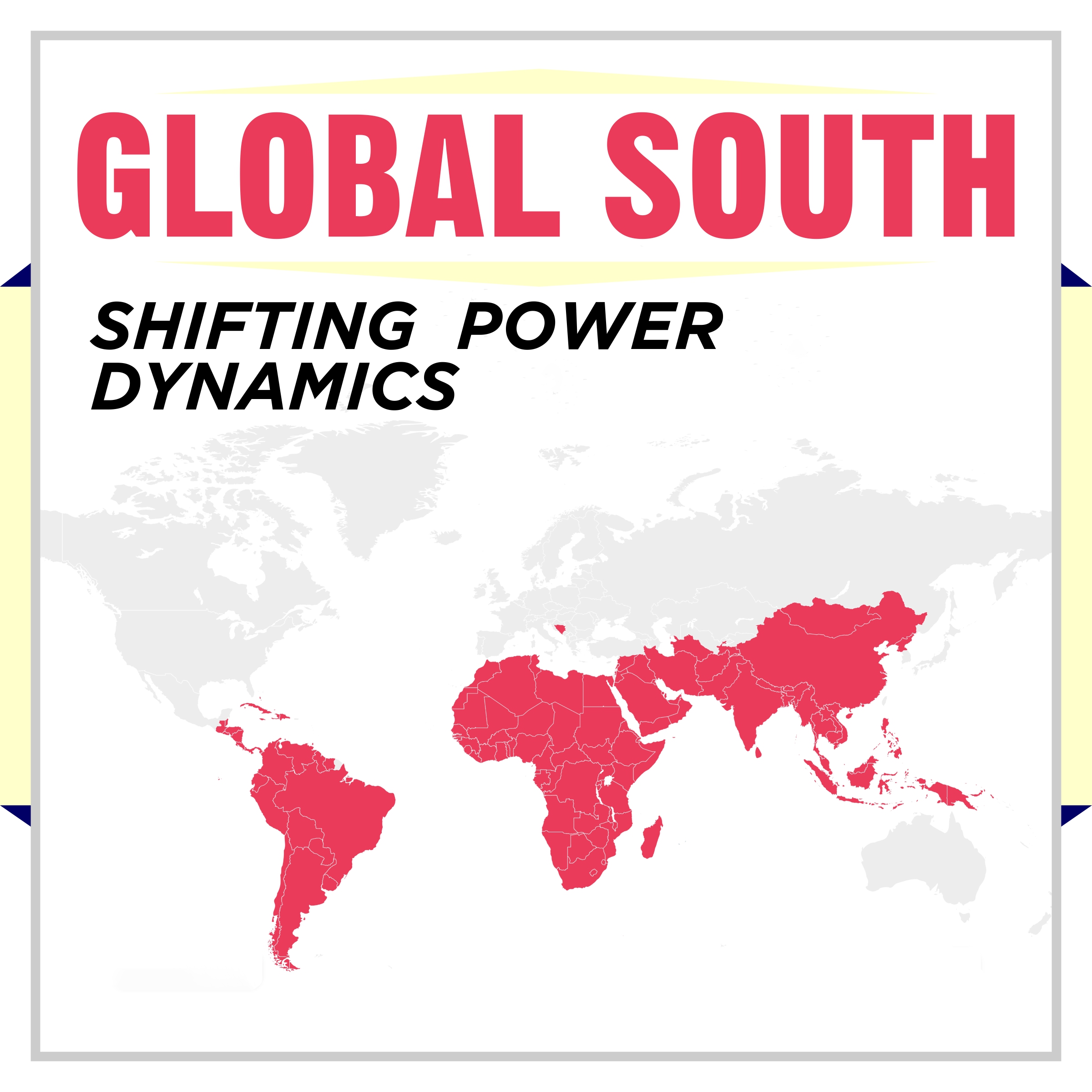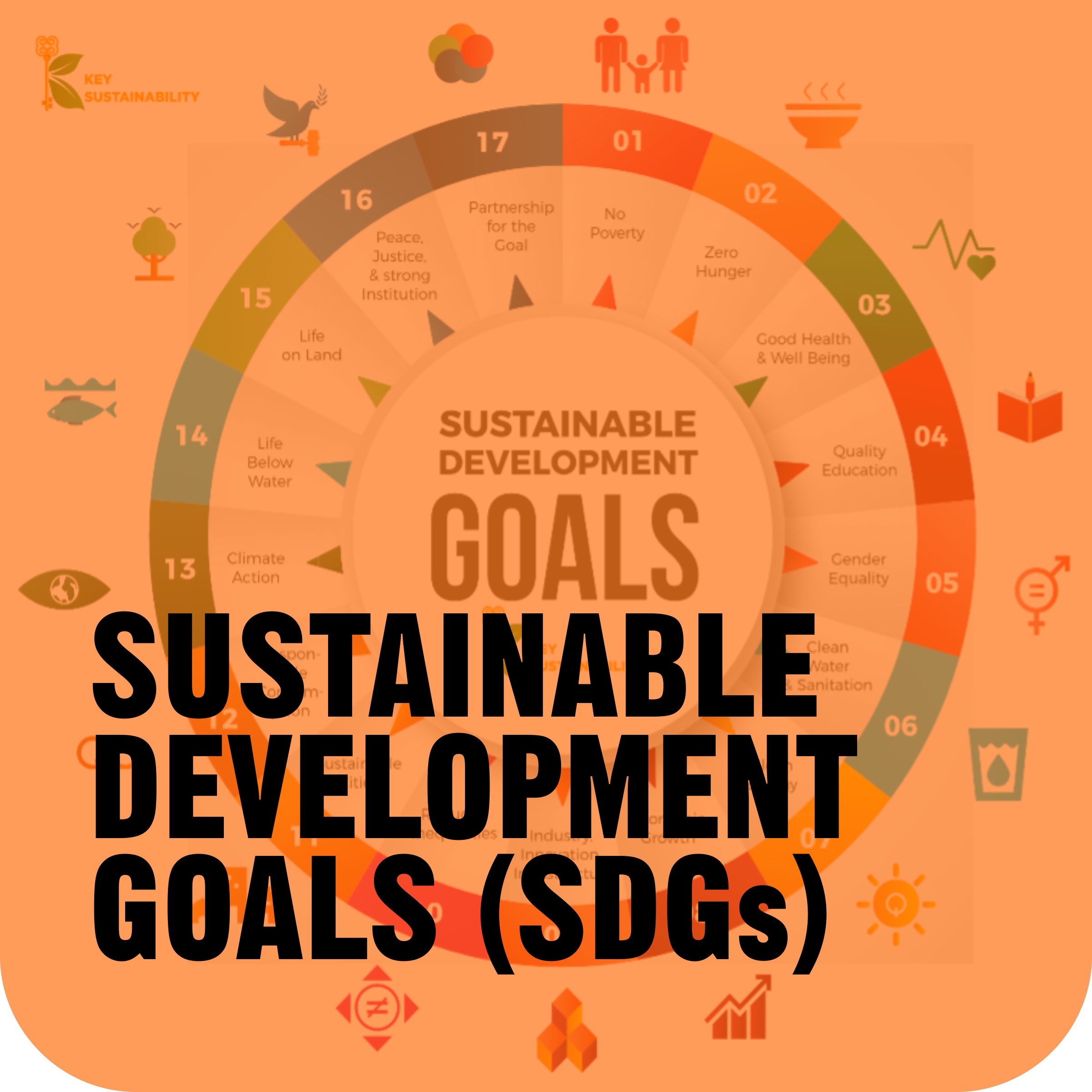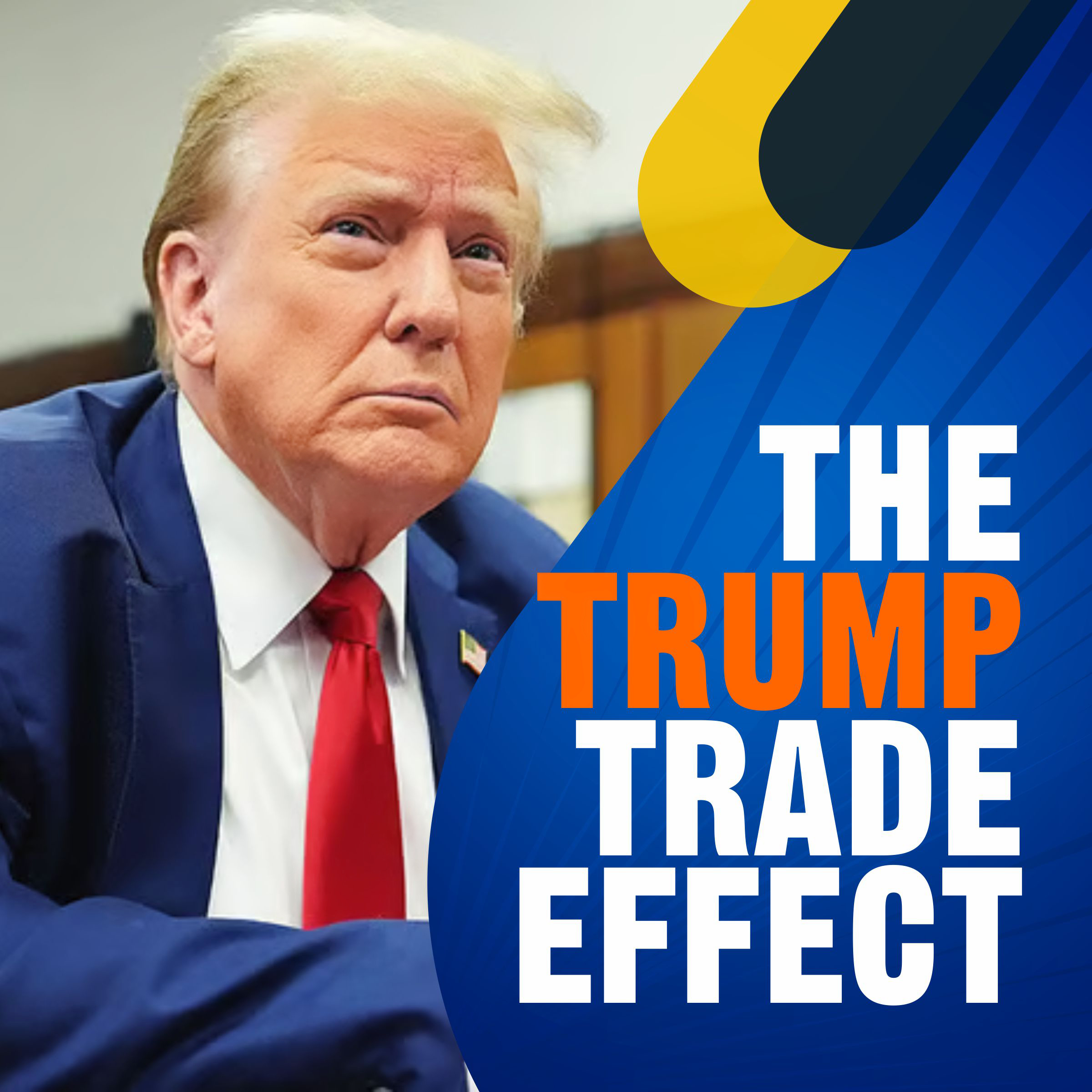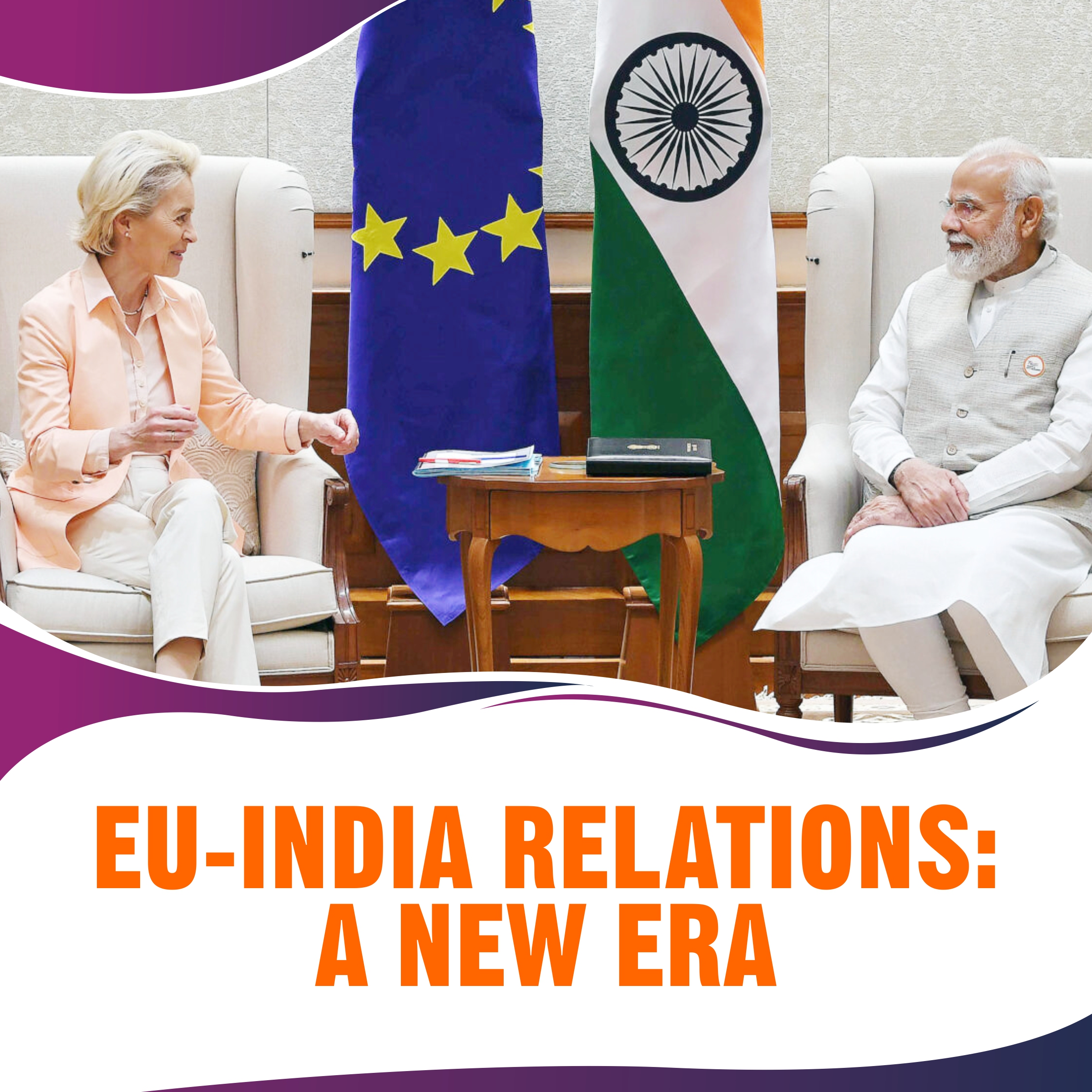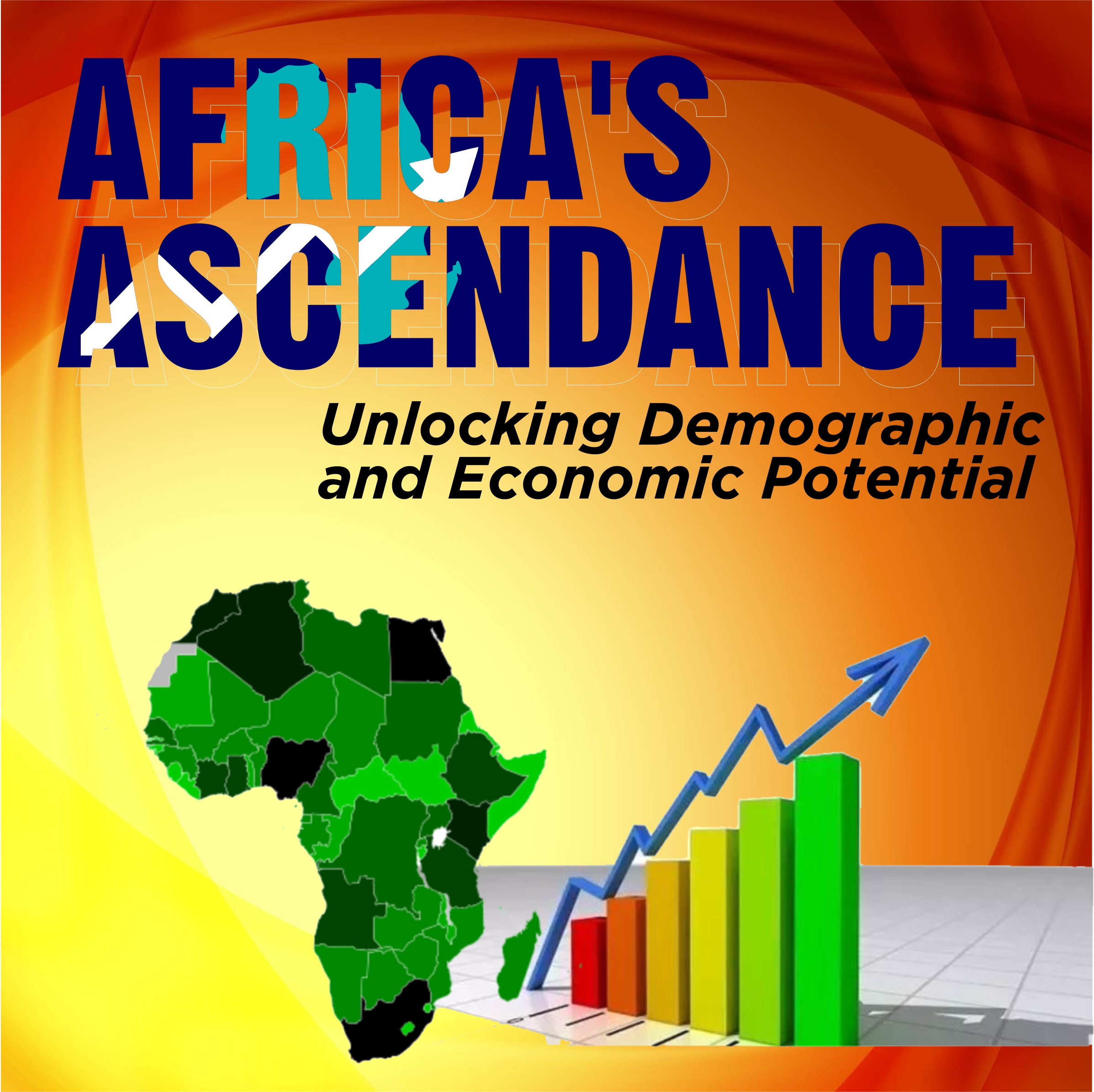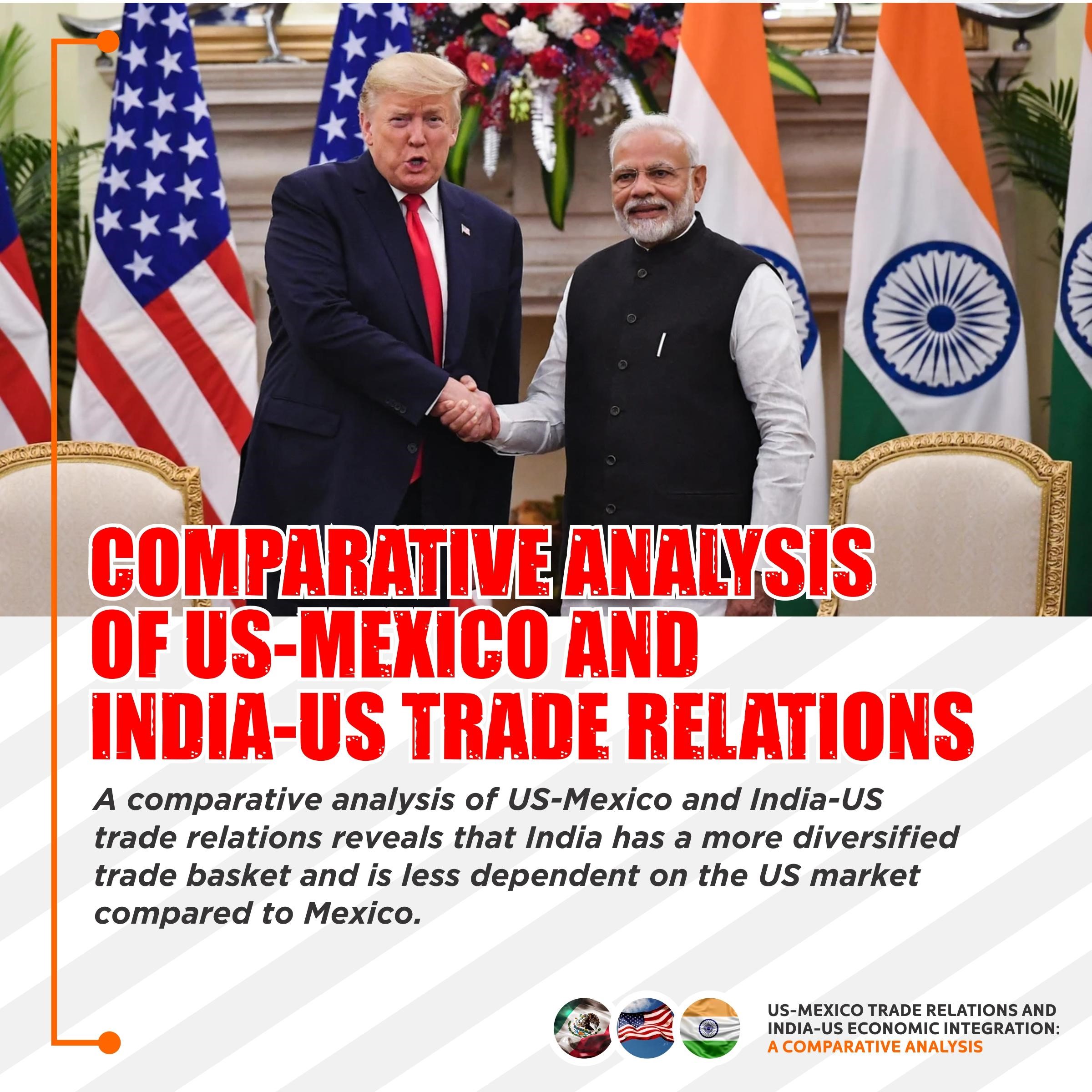The Global South, a term used to describe countries in Africa, Asia, Latin America, and the Caribbean, is undergoing a profound transformation. The region, once relegated to the periphery of global affairs, is now emerging as a major player in the world economy. The Global South's rising economic power, coupled with its growing political influence, is redefining the global landscape.
GLOBAL SOUTH: Shifting Power Dynamics.
The rapid growth and development of emerging economies in the Global South, such as China, India, and Brazil, have earned them the nickname "Southern Tigers." These countries have made significant strides in reducing poverty, improving living standards, and increasing their global competitiveness. According to the International Monetary Fund (IMF), the Global South's share of global GDP is projected to increase from 33% in 2010 to 43% by 2025. This shift in economic power is not only changing the dynamics of global trade but also creating new opportunities for investment, innovation, and cooperation.
Despite the significant progress made by Global South countries, the legacy of colonialism continues to cast a long shadow. The exploitation and oppression inflicted upon these nations during the colonial era have left deep scars, which still impact their economic, social, and political development. The ongoing struggles of many Global South countries to assert their sovereignty, protect their natural resources, and promote their cultural heritage are a testament to the enduring impact of colonialism. However, as these nations continue to break free from the shackles of their colonial past, they are forging new paths to independence, self-determination, and prosperity.
As Global South countries continue to rise, they are increasingly looking to each other for cooperation, knowledge-sharing, and mutual support. This growing spirit of South-South solidarity is giving birth to a new world order, one that is more inclusive, equitable, and just. The BRICS grouping (Brazil, Russia, India, China, and South Africa), the African Union, and the Association of Southeast Asian Nations (ASEAN) are just a few examples of the regional and global initiatives that are promoting South-South cooperation and solidarity. By working together, Global South countries are able to leverage their collective strength, share their expertise, and address common challenges.
India, as a key player in the Global South, is poised to play a significant role in shaping this new world order. With its large and growing economy, India is increasingly becoming a hub for trade, investment, and innovation. The country's "Act East" policy, which aims to strengthen ties with Southeast Asia, and its leadership role in the Indian Ocean Rim Association (IORA), demonstrate its commitment to regional cooperation and integration. Furthermore, India's experience in promoting digital inclusion and financial literacy through initiatives like Aadhaar and Jan Dhan Yojana can serve as a model for other Global South countries.
India's growing influence is also reflected in its increasing participation in global governance forums. The country's membership in the G20, the BRICS grouping, and the Shanghai Cooperation Organization (SCO) underscores its commitment to multilateralism and global cooperation. As the Global South continues to rise, India's leadership and expertise will be critical in shaping the region's future and promoting a more equitable and just world order.
One of the most pressing challenges facing the Global South is climate change. Rising temperatures, more frequent natural disasters, and changing weather patterns are having a devastating impact on the region's ecosystems, economies, and communities. The Global South is not only disproportionately affected by climate change but also has limited resources to adapt to its impacts. As a result, Global South countries are demanding climate justice, calling on wealthy nations to take responsibility for their historical emissions, provide adequate funding and technology, and support their efforts to transition to a low-carbon economy.
The Global South is witnessing a surge in grassroots innovation and leadership, driven by local leaders, innovators, and entrepreneurs who are promoting positive change. From community-led initiatives in sustainable agriculture and renewable energy to startups leveraging technology to improve healthcare and education, the region is unlocking its full potential. Chinese President Xi Jinping and Indian Prime Minister Narendra Modi have recognized the importance of strengthening cooperation among Global South countries, emphasizing the need for China and India to work together to promote development and prosperity in the region.
President Xi and Prime Minister Modi's commitment to cooperation is crucial in promoting peace, stability, and prosperity in the Global South. By working together, China and India can play a key role in driving economic growth, reducing poverty, and promoting sustainable development across the region. As President Xi noted, "China and India are each other's development opportunity rather than threat, and cooperation partner rather than competitor." The India-China Informal Summit in 2018 further highlighted the importance of cooperation between the two nations, with Prime Minister Modi and President Xi agreeing to strengthen strategic communication, enhance mutual trust, and promote cooperation in areas such as trade, investment, and people-to-people exchanges.
The Global South's growing economic power and influence are also leading to a shift in its relationship with the rest of the world. As these countries transition from aid dependency to trade and economic cooperation, they are forging new partnerships and alliances that are more equitable and mutually beneficial. The African Continental Free Trade Area (AfCFTA), the Regional Comprehensive Economic Partnership (RCEP), and the Latin American Integration Association (ALADI) are just a few examples of the regional and global initiatives that are promoting trade, investment, and economic cooperation among Global South countries. By embracing this new paradigm, the Global South can reduce its reliance on aid, promote economic self-sufficiency, and take its rightful place as a major player in the global economy.
As the Global South continues on its path of growth and development, it is clear that the region's future is bright, with vast opportunities for innovation, cooperation, and progress, ultimately unlocking the region's full potential and contributing to a more just, peaceful, and prosperous world.


